A quiet but powerful AI “pivot” is underway among the younger workforce. A July survey from career site Zety sounded the alarm: nearly 3 in 4 Gen Zers believe artificial intelligence will wipe out most entry-level jobs in just five years.
This fear is no longer a distant prospect, it has become a driving force for change. Jasmine Escalera, a career expert at Zety, calls it the “AIxiety Pivot” – a movement in which young people are actively changing their career paths to avoid the disruption caused by AI. Their destination? Skilled trades, engineering, healthcare and education – fields where they believe the human presence is irreplaceable.
Skepticism is mounting about the value of a college degree. 65% of Zety survey respondents said outright that a bachelor’s degree would not be a solid shield to protect them. This trend was reinforced when an April Indeed report found that nearly half of Gen Z believe AI is making higher education obsolete.
But while Gen Z is looking outward for a new path, the greatest minds in the business world suggest that the real answer lies within each person.
The Most Underrated Weapon: "Nice Sells"
Amid the AI-fueled labor market, billionaire Mark Cuban, at age 67, has a surprisingly simple piece of advice. Your ultimate weapon isn’t an AI certification, it’s a smile.
“This tip is super simple, be nice, smile,” Mark Cuban shared. “Because smiling costs nothing. And who doesn’t like working with someone who is always smiling, right?”
It may sound light-hearted, but for Cuban, it’s a real business strategy. He admits he was a hot-tempered, irritable person when he was younger. “To be honest, I didn’t want to work with myself back then,” he laughs. “But I’ve changed.”
According to Cuban, kindness is one of the most underrated skills in business today. And most importantly, “kindness sells.”
In a world where performance can be measured by machines, a positive attitude and the ability to connect with people become a unique competitive advantage. Amazon CEO Andy Jassy also asserts that a positive attitude helps young people stand out, be memorable and quickly attract supporters in their career path.
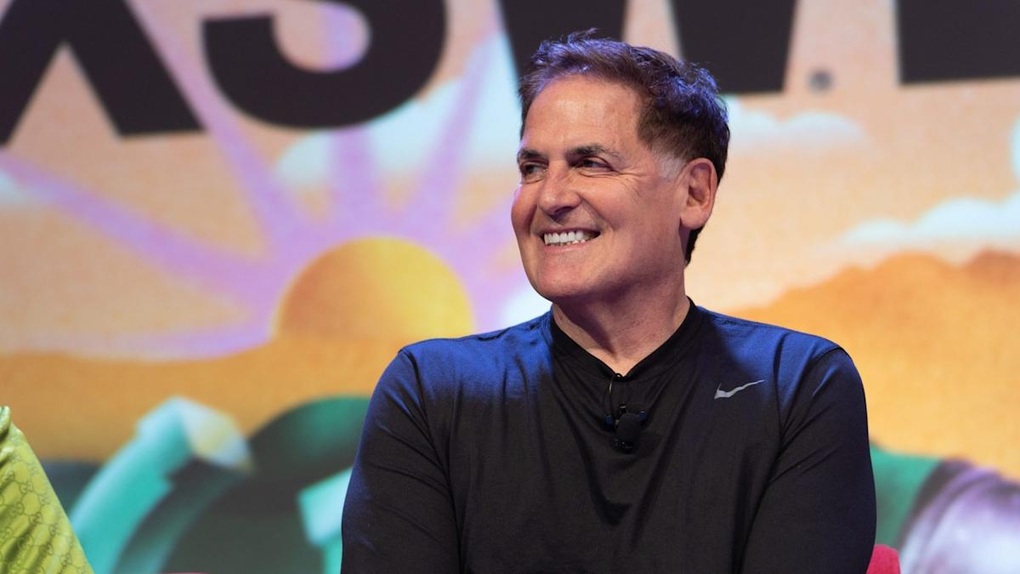
According to billionaire Mark Cuban, one of the simple but often overlooked "weapons" to make an impression is a positive attitude, starting with a smile (Photo: Shutterstock).
Becoming "Your Own CEO": Secrets from the Elite
If kindness is a daily tactic, then constantly investing in yourself is a survival strategy. It’s a habit shared by the most successful people, from Sheryl Sandberg, former COO of Meta, to Bill Gates.
Bill Hoogterp, a career coach to Fortune 500 leaders who has worked with both men, reveals the key secret: become “the CEO of your own potential.”
“The problem is that most people don’t want to take on that role,” Hoogterp says. “We often let other people and circumstances dictate our lives.”
According to him, the top 1% of successful people have something in common: they proactively invest in themselves. And he offers a simple formula that Gen Z should apply right now: spend 10% of your time each week on self-development.
“If you work 40-50 hours a week, take 4-5 hours for yourself,” he explains. “Do anything, take a course, find a mentor, read a book, watch a TED Talk, as long as you are serious.”
That’s the compounding effect of knowledge. “If you do it consistently every week,” Hoogterp asserts, “an initial investment of a few thousand dollars will grow into tens of millions of dollars in the future. While someone else, just as smart and kind as you, will still be stuck in the same place for 20 years.”
The Bill Gates Method: Disconnect to Read a Book
If you don't know where to start, do what Bill Gates does: read books.
The billionaire co-founder of Microsoft is famous for taking two weeks each year to drop everything and go to a secluded cabin to read and think. He calls it a life-changing experience.
“It's a testament to how serious the most successful people are about learning and growing, while the rest of us are just rushing through life,” says Hoogterp.
Reading a book helps you remember much better than just listening or watching. “You can remember almost 31% more than listening to an audiobook because when you read, you are actively taking in information,” Hoogterp explains. He recommends picking up a pen and taking notes in the margins, just like you would when studying for an exam. “Your brain will remember the fact that you wrote it down, so you understand it better, remember it faster, and last longer.”
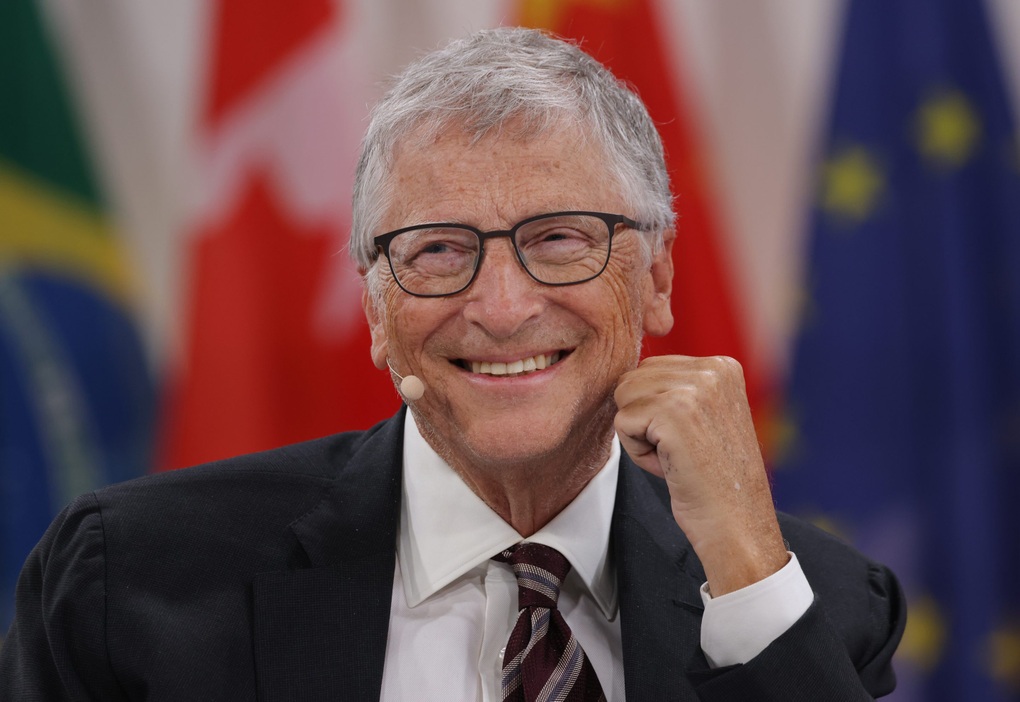
Microsoft billionaire Bill Gates is famous for his reading habit (Photo: Getty).
The AI revolution is inevitable, but how we deal with it is entirely within our control. Gen Z’s “flight” to the crafts is a rational response, a smart defensive strategy.
But defense alone is not enough. According to advice from Mark Cuban, Bill Gates, and many other top leaders, the most effective way to attack is to invest in what makes us truly different from machines. This strategy has two clear directions:
Externally: Proactively adjust career direction, ready to enter fields that require practical skills and human interaction.
Internally: Commit to becoming “your own CEO”, making learning and self-improvement an indispensable daily habit.
The future belongs not to those who fear AI, but to those who know how to leverage the unique strengths of humans: connection, kindness, and a constantly honed intellect.
Source: https://dantri.com.vn/kinh-doanh/bi-mat-cua-bill-gates-mark-cuban-giup-gen-z-vuot-bao-ai-20250804011504717.htm



![[Photo] General Secretary To Lam receives Singaporean Ambassador Jaya Ratnam](https://vphoto.vietnam.vn/thumb/1200x675/vietnam/resource/IMAGE/2025/11/03/1762171461424_a1-bnd-5309-9100-jpg.webp)
![[Photo] Prime Minister Pham Minh Chinh receives the Chairman of the Japan-Vietnam Friendship Association in the Kansai region](https://vphoto.vietnam.vn/thumb/1200x675/vietnam/resource/IMAGE/2025/11/03/1762176259003_ndo_br_dsc-9224-jpg.webp)
![[Photo] Lam Dong: Close-up of illegal lake with broken wall](https://vphoto.vietnam.vn/thumb/1200x675/vietnam/resource/IMAGE/2025/11/03/1762166057849_a5018a8dcbd5478b1ec4-jpg.webp)
![[Photo] Fall Fair 2025 and impressive records](https://vphoto.vietnam.vn/thumb/1200x675/vietnam/resource/IMAGE/2025/11/03/1762180761230_ndo_br_tk-hcmt-15-jpg.webp)

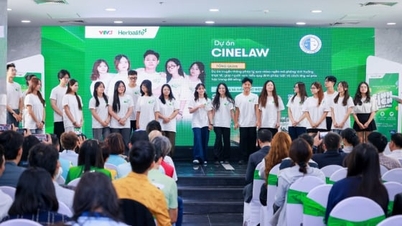









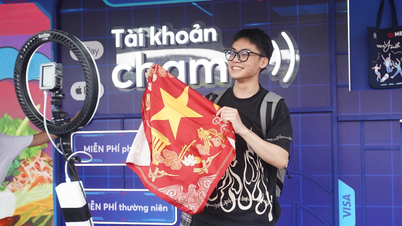


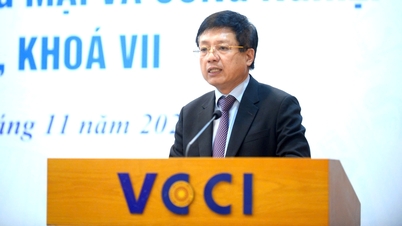











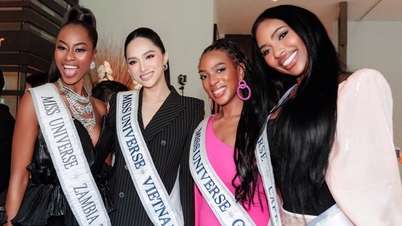




























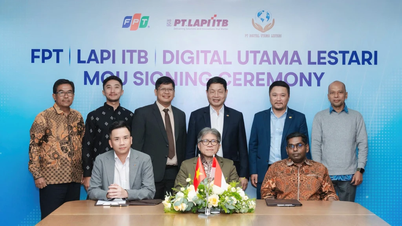











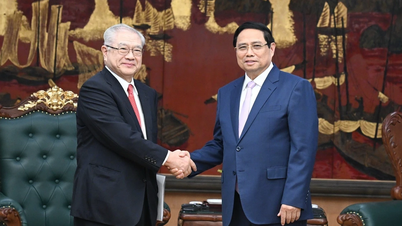

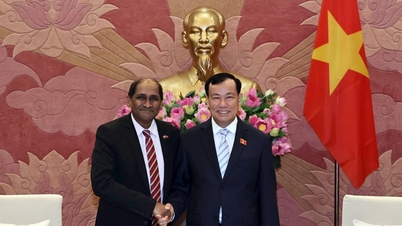

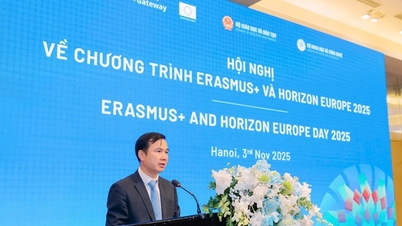

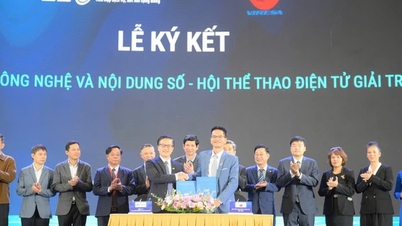

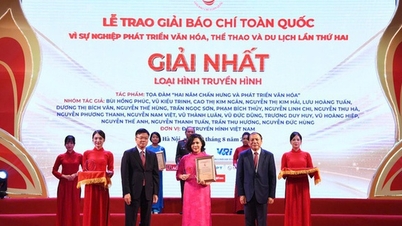


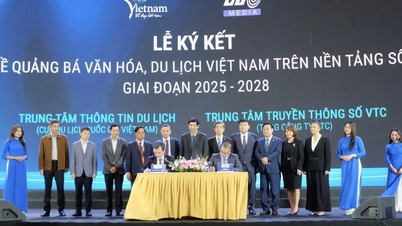


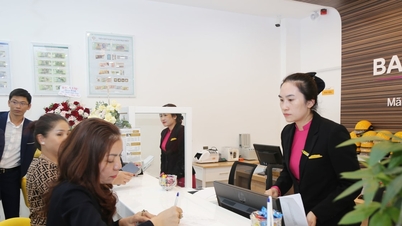






















Comment (0)